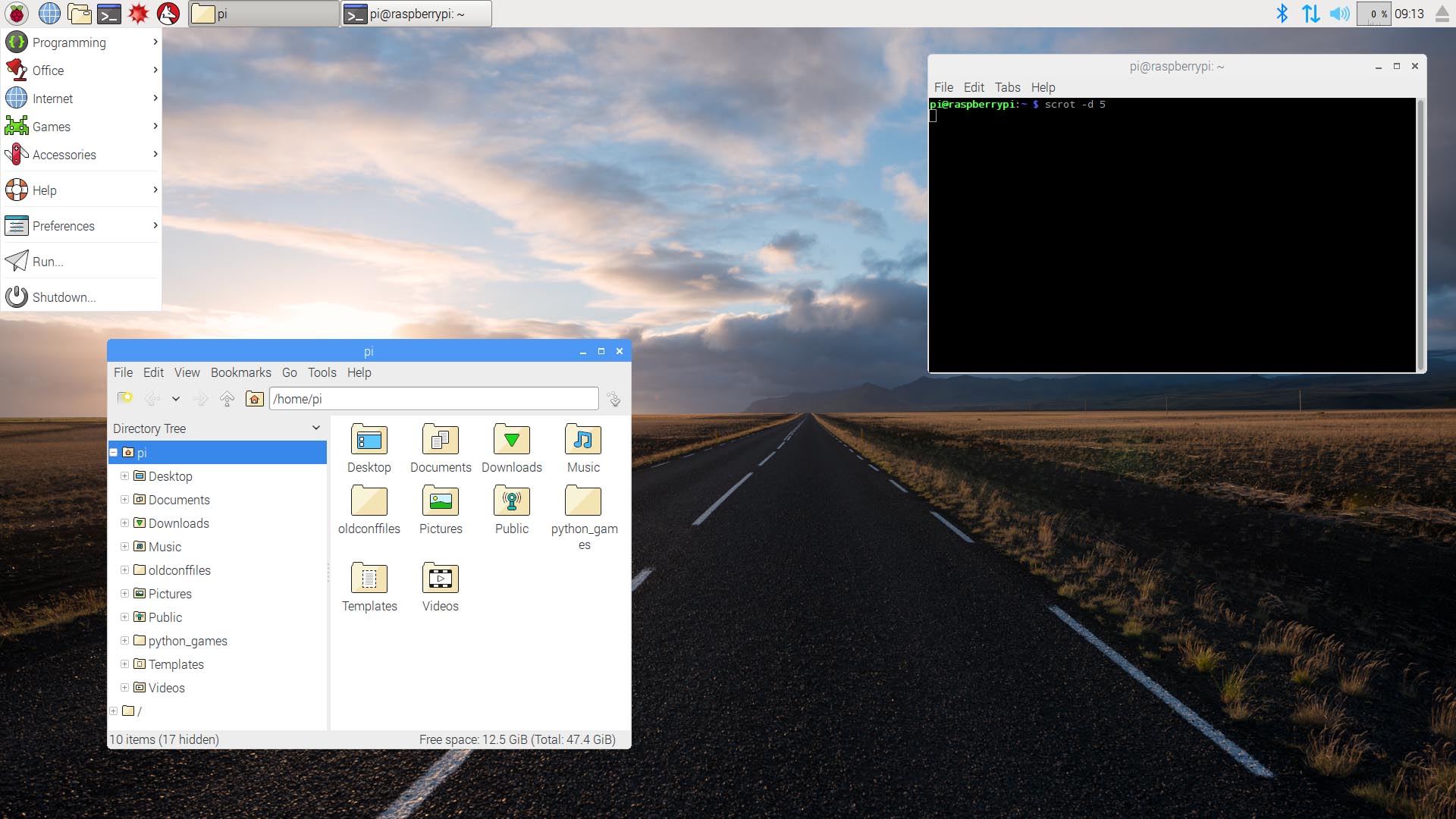How To Install Mplayer Raspberry Pi

Festival, for example, is an excellent text-to-speech synthesizer as free synthesizers go, but it's too CPU-intensive to work quickly (or correctly, in my experience) on the Raspberry Pi. If you want to try it, follow these steps but install the package 'festival' instead of 'espeak'.
 Filing Period Filing Date Status Date.
Filing Period Filing Date Status Date.
VLC media player is one of the best options available for playing videos and more. And people know it:. VLC media player is available for many operating systems, including Windows, OS X, and Linux. Because Raspbian – the popular Raspberry Pi operating system – is based on Debian, one of the earliest Linux distributions, Raspberry Pi users can easily install VLC by opening Terminal and running the command sudo apt-get install vlc.
But here’s the catch: the build of VLC media player available in Raspbian’s repositories lacks OpenMAX support, and it’s incapable of playing video properly. So close up Terminal and don’t enter that command above (if you already did, we’ll undo it in a second), because we have a better plan. Here’s how to compile VLC media player with hardware acceleration for the Raspberry Pi. How to compile VLC media player with hardware acceleration for the Raspberry Pi Thanks to, we have detailed instructions on how to easily compile VLC media player with hardware acceleration. For this project, you’ll just need a Raspberry Pi and the basic peripherals: a power source, screen, keyboard and mouse, and microSD card (you need all of this to get Raspbian installed in the first place, anyway).
Before we begin, a quick note for those of you who already have Raspbian and may have installed VLC media player from Raspbian’s repositories: I recommend that you remove that version. You can do so by running the command: sudo apt-get purge vlc Alright, let’s get started. Step 1: Install Raspbian If you don’t already have it,. Click that link for our complete guide.

Step 2: Download and extract VLC media player Hop into Terminal and run the following commands: cd Downloads wget tar -xJf vlc-2.2.5.1.tar.xz Now you have downloaded and extracted the latest version of VLC media player into your Downloads directory. Step 3: Install dependencies Next, let’s update the package list and install the needed dependencies.